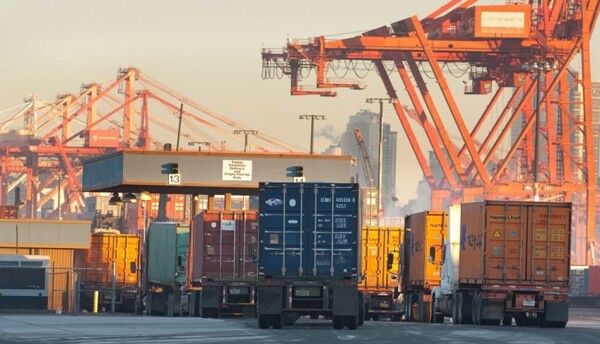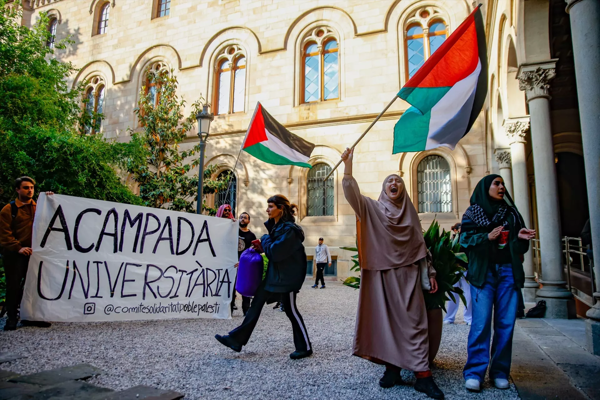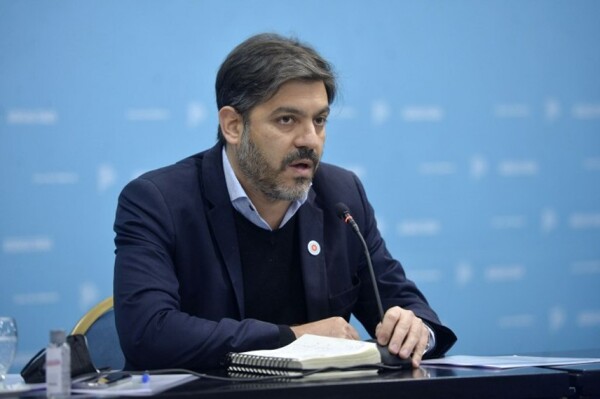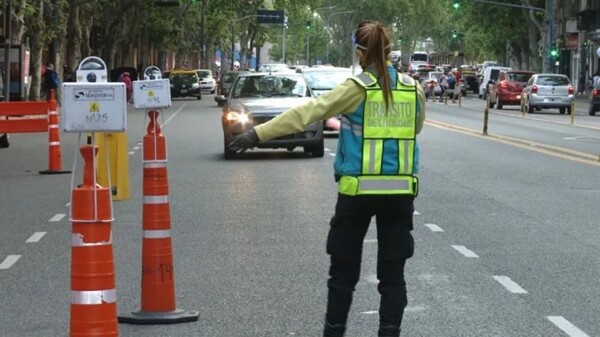
The internal dispute of Argentine politics will soon come to an end once positions and businesses are distributed among the various sectors. In this landscape, figures like Milei stand out, who has achieved good results in the polls due to having no direct competition. On the other hand, it is observed that Peronism shows sensitivity towards its business partners, while the PRO faction supports certain reforms such as state reform and fiscal discipline.
The tensions within Peronism are evident, with movements aiming to establish political agreements. The emergence of rumors regarding the demolition of an emblematic building in Buenos Aires has generated controversy, as has the proposal to designate Isabelita as a unity candidate in the absence of consensus. There is a possibility that the current government is seeking to mark a new phase after dark episodes from the past.
Milei's figure has burst onto the Argentine political scene, pulling many traditional actors out of their comfort zones. His presence has awakened reactions from both anti-Peronists and long-standing politicians, who see their relevance threatened by this new protagonist. Amid these changes, there is a weakening of the centrality of Juntos por el Cambio and fragmentation within Peronism.
Allegations of corruption and corporate defense within Peronism are a source of criticism, as well as the protection of certain interests that have prevailed over time. The search for impunity and the shelter of structures that ensure impunity are part of the issues facing the political system in Argentina. Meanwhile, discussions arise around the symbols of the political past and their relevance in the present, such as the case of Eva Perón and her controversial image on a building on 9 de Julio.
The death of figures like Ginés Gonzales García has reopened the discussion on ethics in Argentine politics, with reflections on impunity and the lack of convictions in corruption cases. On the other hand, controversial statements from political leaders like Cristina Fernández de Kirchner and Elisa Carrió add nuances to a constantly changing and transforming political scenario. The internal strife within Peronism intensifies, with accusations and disagreements marking the pulse of politics in the country.














